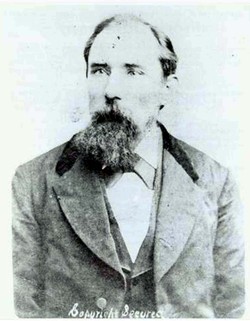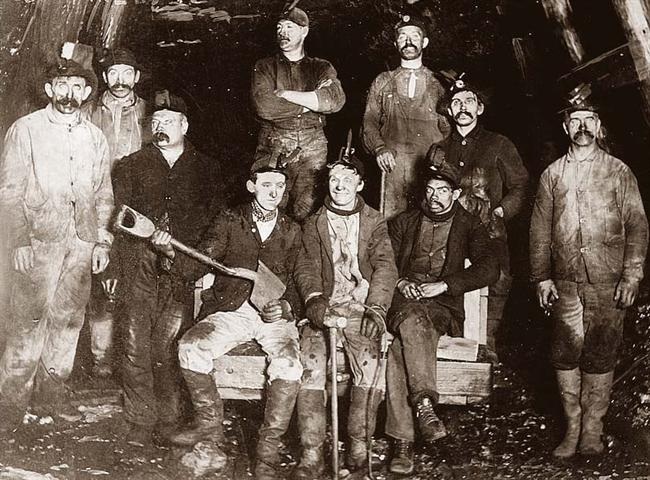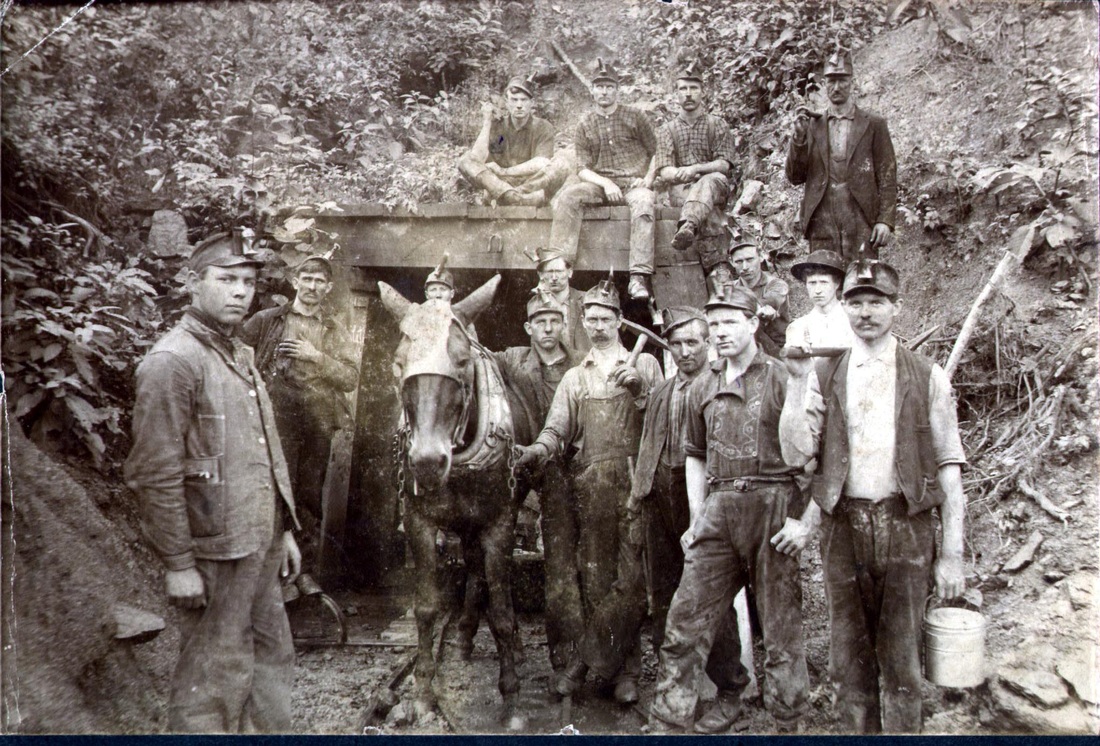Movies have been made retelling the story of the Molly Maguires and their mission for workers' rights.
Comparison
Rights for Domestic Workers
The California Legislature is considering a bill to extend basic labor rights to domestic workers: the nannies, cooks, baby sitters and other caregivers whose labor allows households to function smoothly, thus contributing to the larger economy. Domestic workers toil long hours for low pay, but have long been excluded from many of the fundamental protections most other workers enjoy under federal labor law.
The California bill, A.B. 889, which passed the Assembly and is being debated this month in the State Senate, seeks to close that gap. It would entitle workers to overtime pay, ease eligibility requirements for workers’ compensation and give them time for meals and rest breaks. It would also add some protections specific to domestic labor, like giving live-in employees the right to eight hours of sleep and domestic workers the right to use employers’ kitchens to cook their own food.
The bill is inspired by legislation passed in 2010 in New York State after a campaign by domestic workers to shed light on the abuses that are rampant in their unregulated industry. These workers, most of them immigrant women, toil behind closed doors in private homes, often suffering in silence. The nature of their jobs makes it hard for them to organize and be noticed, much less win the protections they deserve.
Domestic workers are among a wider category of low-wage workers who are denied many basic protections under federal wage-and-hour laws. Efforts to protect other excluded employees, like home care workers and farm workers, have failed in the courts and stalled in Congress.
We hope California and other states will be willing to do what the federal government has not — which is to set basic standards to guarantee domestic workers decent working conditions and pay.
Analysis: This relates to the late 19th century in that a group of people do not have any rights in their work place and are trying to change that. America has come a long was since the days of industrialization when there was absolutely no workers' rights and/or rights were being infringed upon and not enforced. There are many regulations for most work places now making it mandatory for extra pay when working more than the average 8 hour work day, etc. In a sense though, things have remained the same because domestic workers have not been given rights. This is somewhat surprising. Domestic workers in California do not hold the rights that other employees do. They are trying to speak out to gain labor rights for themselves. This is very much like some labor unions in the 19th century, though now there is less violence concerning labor laws than in the 19th century.
Rights for Domestic Workers
The California Legislature is considering a bill to extend basic labor rights to domestic workers: the nannies, cooks, baby sitters and other caregivers whose labor allows households to function smoothly, thus contributing to the larger economy. Domestic workers toil long hours for low pay, but have long been excluded from many of the fundamental protections most other workers enjoy under federal labor law.
The California bill, A.B. 889, which passed the Assembly and is being debated this month in the State Senate, seeks to close that gap. It would entitle workers to overtime pay, ease eligibility requirements for workers’ compensation and give them time for meals and rest breaks. It would also add some protections specific to domestic labor, like giving live-in employees the right to eight hours of sleep and domestic workers the right to use employers’ kitchens to cook their own food.
The bill is inspired by legislation passed in 2010 in New York State after a campaign by domestic workers to shed light on the abuses that are rampant in their unregulated industry. These workers, most of them immigrant women, toil behind closed doors in private homes, often suffering in silence. The nature of their jobs makes it hard for them to organize and be noticed, much less win the protections they deserve.
Domestic workers are among a wider category of low-wage workers who are denied many basic protections under federal wage-and-hour laws. Efforts to protect other excluded employees, like home care workers and farm workers, have failed in the courts and stalled in Congress.
We hope California and other states will be willing to do what the federal government has not — which is to set basic standards to guarantee domestic workers decent working conditions and pay.
Analysis: This relates to the late 19th century in that a group of people do not have any rights in their work place and are trying to change that. America has come a long was since the days of industrialization when there was absolutely no workers' rights and/or rights were being infringed upon and not enforced. There are many regulations for most work places now making it mandatory for extra pay when working more than the average 8 hour work day, etc. In a sense though, things have remained the same because domestic workers have not been given rights. This is somewhat surprising. Domestic workers in California do not hold the rights that other employees do. They are trying to speak out to gain labor rights for themselves. This is very much like some labor unions in the 19th century, though now there is less violence concerning labor laws than in the 19th century.
Primary Source
"These policies and methods, even the forms of organization adopted and advocated by each, are based on certain 'rights'. To the workers these rights are as real and inevitable as any of the political or religious rights claimed and secured in earlier times."
This excerpt taken from a book written by Helen Marot describes the importance of worker rights. In her book, she explains the point of view of the labor unions and their reasons for the actions they take. This particular quote illustrates the importance of gaining their labor rights. The importance of religion and freedom of religion is tremendous to most people; Marot states that workers' rights are just as real and important to them as their religious freedom. It puts into perspective how truly important the fight for workers' rights was.
"These policies and methods, even the forms of organization adopted and advocated by each, are based on certain 'rights'. To the workers these rights are as real and inevitable as any of the political or religious rights claimed and secured in earlier times."
This excerpt taken from a book written by Helen Marot describes the importance of worker rights. In her book, she explains the point of view of the labor unions and their reasons for the actions they take. This particular quote illustrates the importance of gaining their labor rights. The importance of religion and freedom of religion is tremendous to most people; Marot states that workers' rights are just as real and important to them as their religious freedom. It puts into perspective how truly important the fight for workers' rights was.



